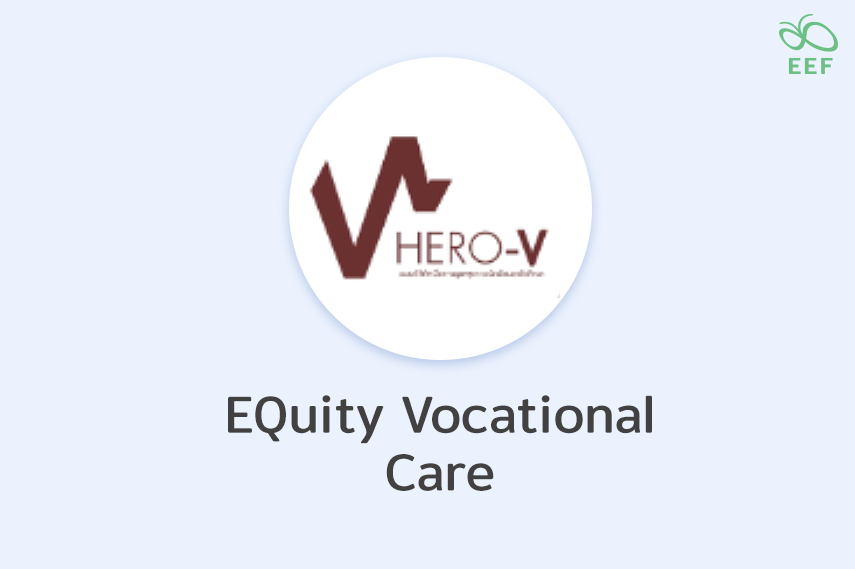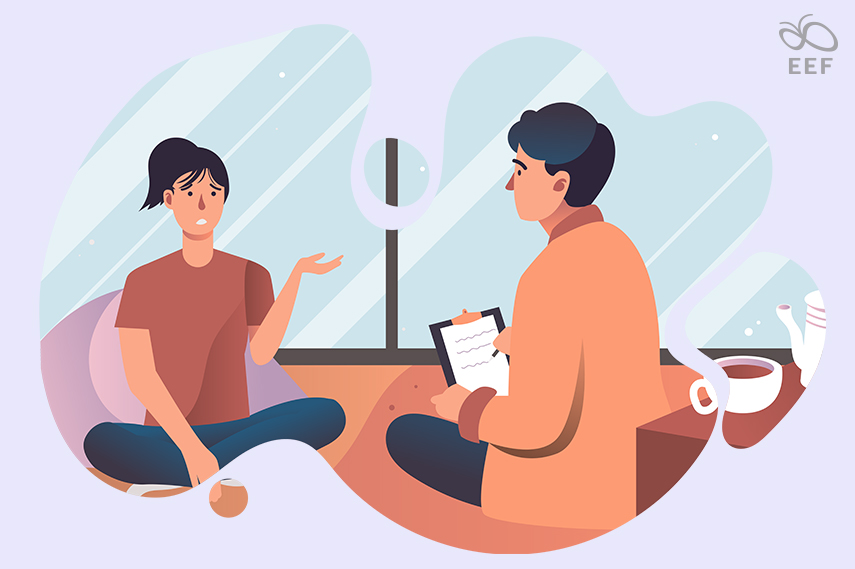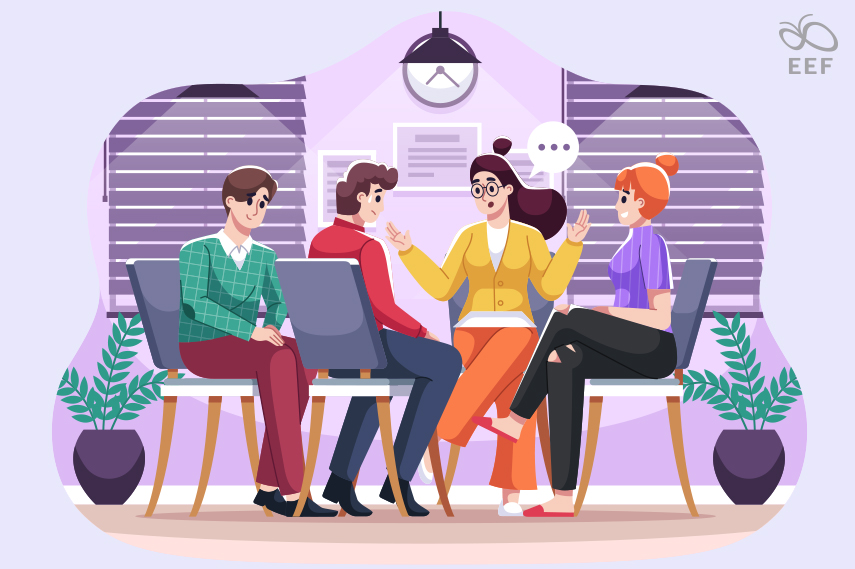
Thailand has taken a significant stride towards bridging the education-workforce gap by introducing the “Life Skills Enhancement and Mental Well-Being Support System Development for Vocational Students” project, in alignment with the 20-Year National Strategy. This initiative acknowledges the pivotal role of vocational education in cultivating a skilled workforce among adolescents aged 15 and above. To ensure equal opportunities, the Equitable Education Fund (EEF) Thailand has provided scholarships to 4,503 students with potential but limited financial resources, selected based on its established criteria. The government’s objective is to achieve a vocational-to-general education ratio of 45:55, ensuring that students’ skills align with workforce demands.
However, vocational students face distinct challenges, particularly their heightened vulnerability and susceptibility to risky behaviors. To address these issues, the EEF and the Institute of Child and Adolescent Mental Health have collaborated on a comprehensive project to empower vocational institutions to foster life skills and offer crucial support to their students. This holistic approach aims to enhance resilience and facilitate the overall development of vocational students, enabling them to thrive in the future, personally and professionally.
The academic success of students goes hand in hand with their mental well-being. Consequently, in collaboration with the Institute of Child and Adolescent Mental Health, the HERO-V system has been developed to empower students to take charge of their own mental well-being by actively engaging with the system in a safe and confidential environment, unlike the other mental well-being support initiatives where the EEF and its stakeholders play an active role. Through their participation, students play a central and proactive role in evaluating and monitoring their mental health status, while dedicated teachers provide guidance and support throughout the process.

The HERO-V system operates by allowing students to input their relevant information and complete two essential questionnaires: the WHO 5 and SDQ. These questionnaires help evaluate various aspects of students’ mental well-being. Once the questionnaires are completed, the system automatically calculates the scores and provides immediate feedback to students. This feedback indicates whether their mental health falls within a normal range or requires further attention.
Moreover, the HERO-V system facilitates an essential communication channel between students and teachers. If students feel they need additional support, they can easily request counseling by pressing the “Request Consultation” button. Teachers, who are dedicated to monitoring students’ well-being, can also offer their assistance by pressing the “Support” button.

6 Dimensions of The HERO-V System
The HERO-V system categorizes the available assistance into six dimensions, ensuring that students receive the appropriate guidance and resources tailored to their specific needs:
- Capacity Building
- Behavior Adjustment
- Life Skills Development
- Consultation for Children/Parents
- Conference Case (for cases requiring consultation meetings)
- Referral to Specialists
In situations where students’ problems are identified as requiring specialized care, the HERO-V system offers a solution. Teachers can forward the cases, seek consultation, and engage in discussions with designated coaches in the students’ provinces. This important feature, accessible through the chat function within the HERO-V database, ensures that students receive the most effective and targeted support for their specific issues.
For students who are interested in using the HERO-V system, detailed instructions on its usage can be found at https://vocational.hero-app.in.th/. This resource provides step-by-step guidance on how to navigate and utilize the system effectively, empowering students to take control of their mental well-being.

By prioritizing the mental health of vocational students and providing the HERO-V system as a comprehensive platform, Thailand demonstrates its unwavering commitment to creating a positive and supportive learning environment. This commitment extends beyond academic success to encompass the holistic development of students, nurturing their emotional well-being alongside their educational journey.
Through the collaboration between the EEF and the Institute of Child and Adolescent Mental Health, the HERO-V system exemplifies Thailand’s dedication to addressing and managing mental health concerns among vocational students. This comprehensive tool allows us to identify and address these issues promptly, ensuring that students receive the timely support they need to flourish both academically and emotionally.

With the implementation of the HERO-V system along with other life skills enhancement and mental well-being support initiatives, Thailand envisions a future where vocational students can thrive in all aspects of their lives. By cultivating their life skills while nurturing their mental well-being and providing the necessary resources and interventions, we strive to create an environment where students can reach their full potential and achieve success in their chosen fields.
Source: Equity Vocational Care. a vocational education program by Equitable Education Fund Thailand (EEF Thailand).
https://sites.google.com/view/cctcamri/%E0%B8%AB%E0%B8%99%E0%B8%B2%E0%B9%81%E0%B8%A3%E0%B8%81

